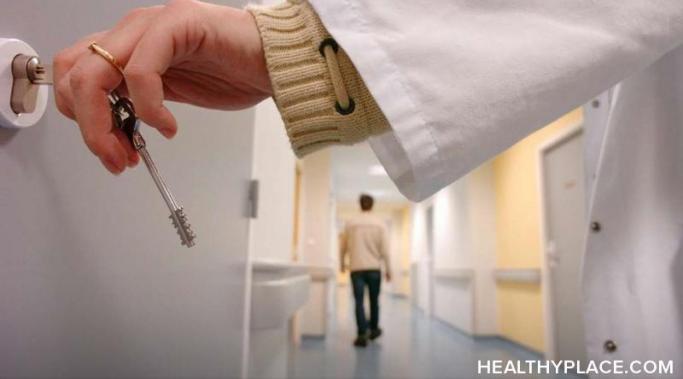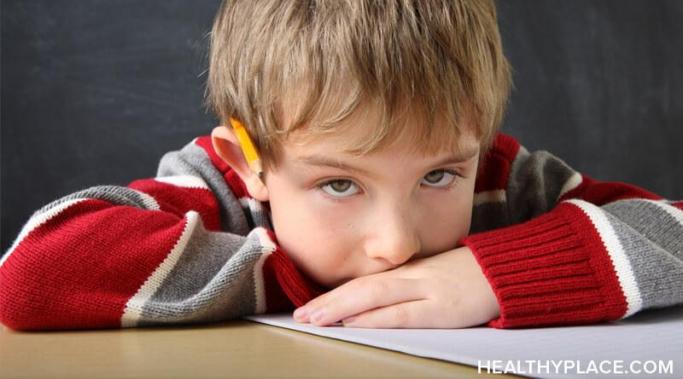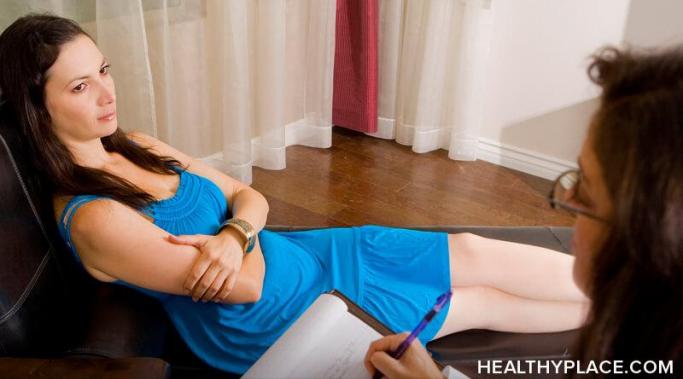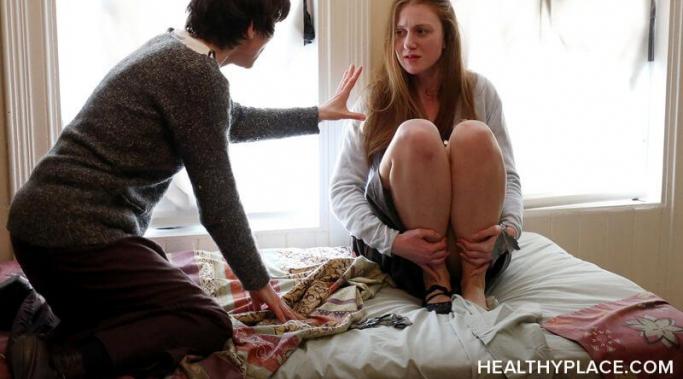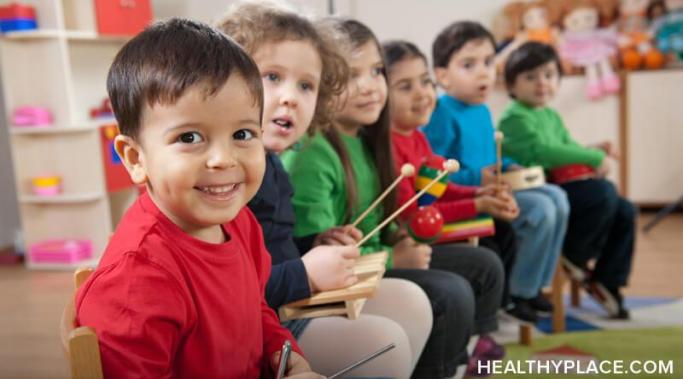Parents may be surprised to hear that antipsychotic medications are a common treatment for childhood attention-deficit/hyperactivity disorder (ADHD). They're often prescribed to help children who experience intense mood swings, aggression, destructive behaviors, or self-harm. These medications can be life-changing and life-saving, but the term "antipsychotic" is so stigmatized that parents might be terrified when doctors recommend antipsychotics. Of course, always consider the risks, but also consider the benefits of using antipsychotic medications in childhood.
Bipolar Child
The transition from your teen's inpatient psychiatric care facility to home can mark an exciting change for your child. However, without a detailed plan for her transition, leaving inpatient psychiatric care can exacerbate her mental illness issues. Creating a solid plan for the transition period after your teen's inpatient psychiatric care can help your child be a success as she transitions back into regular life (Coping with Life After Residential Mental Health Treatment).
Putting a child in residential psychiatric care is one of the hardest decisions a parent has to make. Five years ago, I put my teenager into a residential psychiatric care facility for a year. Housing my child out of my home and in a residential mental health treatment center was a very painful decision that probably saved—and definitely changed—my child’s life.
Avoiding bipolar instability because you have the flu is important, but it can be difficult to maintain stability with bipolar disorder while trying to combat the effects of the local virus going around. If you are a parent of a child with bipolar disorder, a simple virus can lead to bipolar instability in your child’s mental health. It becomes a difficult cycle as increased instability with bipolar makes it hard to treat the flu and increased symptoms of the flu make it difficult to control bipolar. However, by planning ahead, parents can lessen the ill-effects of flu season and keep their child’s mental health as intact as possible.
Maintaining mental health over the holidays can be a real challenge for teens and young adults with mental illness. With 64% of mentally ill people finding holidays stressful, according to a study by the National Alliance on Mental Illness (NAMI), it is important to find ways to stay healthy during the holidays. So read on for holiday mental health tips.
A child's mental illness diagnosis can take years to get right, especially when both disruptive mood dysregulation disorder (DMDD) and a childhood bipolar disorder diagnoses are possible. One diagnosis can look similar to another. It takes a skilled provider to tease it out and, let’s face it, as parents, we don’t always know if our providers are the skilled ones. It took three years to get to my son’s diagnosis of DMDD. Prior to that, they briefly considered childhood bipolar disorder. I still sometimes wonder if it’s not.
You can support a bipolar teen as she works on problem behaviors, but you must be patient. I didn't have any more patience when my daughter's new counselor asked me, “What’s the one behavior you would like to work on with your daughter?” I was stunned, one behavior? Did she have any idea how erratic and out-of-control my teen’s behavior was as her bipolar disorder cycled from frantic highs to screaming lows? I quickly listed 10 desires. But, no, the therapist insisted that I choose only one. My first reaction was to choose a new therapist to support my bipolar teen daughter.
My daughter and I have a mental health safety contract. She violated the conditions of the contract, and I had to call the police. Since my daughter and I have used mental health safety contracts since she was a teenager, we both understood the rules. By having a mental health safety contract, I took what could have been a volatile, extended fight with my adult child with bipolar disorder and turned it into a straightforward contractual arrangement. It made a difficult situation easier.
Hello, I’m Susan Traugh, one of the authors of Life with Bob about parenting children with mental illness at HealthyPlace. I live with a husband with bipolar disorder and have three children with mental illness: two with bipolar disorder and one with generalized anxiety disorder.
While mental health screenings in school may take place, they need to be more inclusive. Although autism spectrum disorder (ASD) and childhood mental illnesses like attention deficit/hyperactivity disorder (ADHD) can look similar on the outside, the way they're treated in schools looks different. From the perspective of a parent of a child with mental illness, they seem like unfairly disparate worlds. It makes me think of the need for inclusivity in school mental health screenings.


